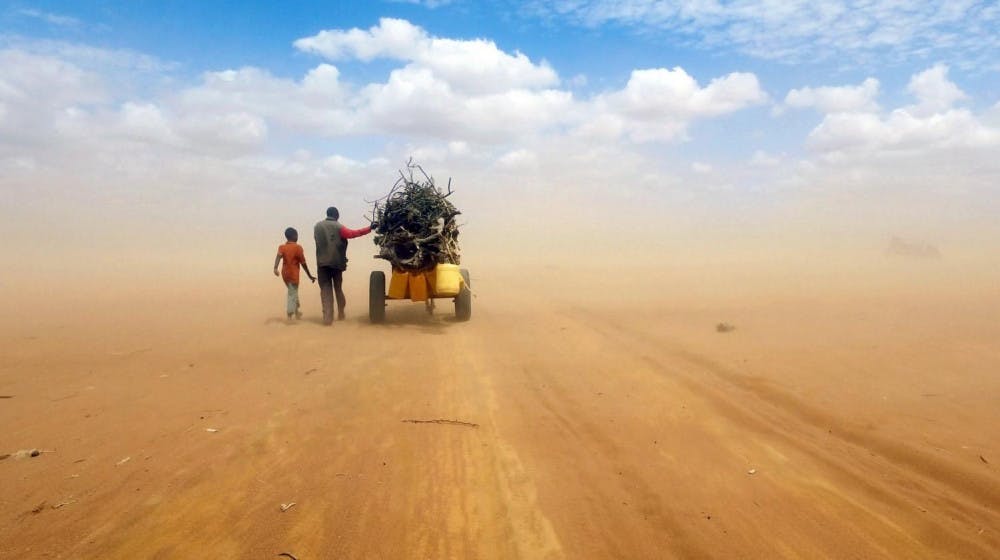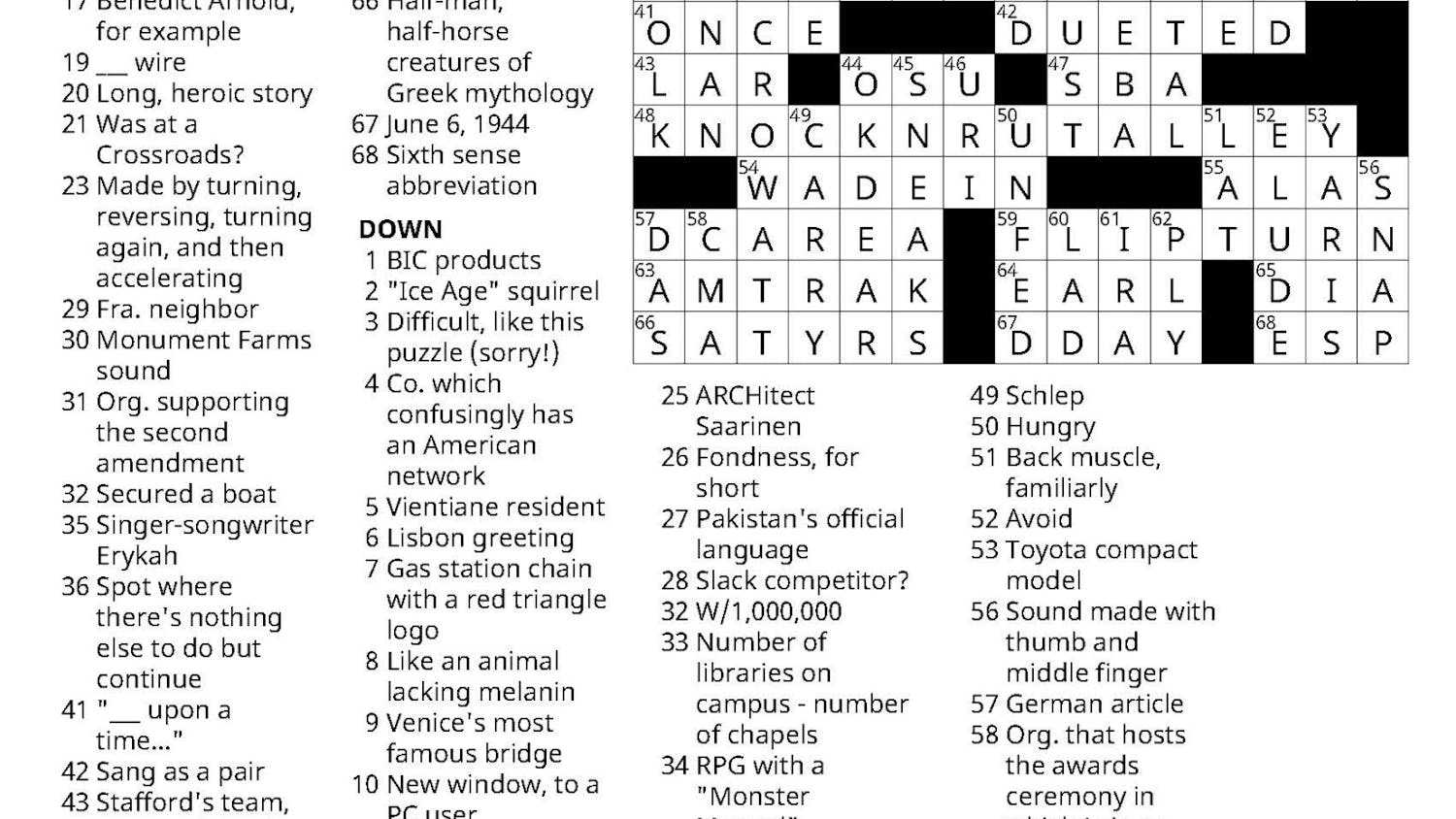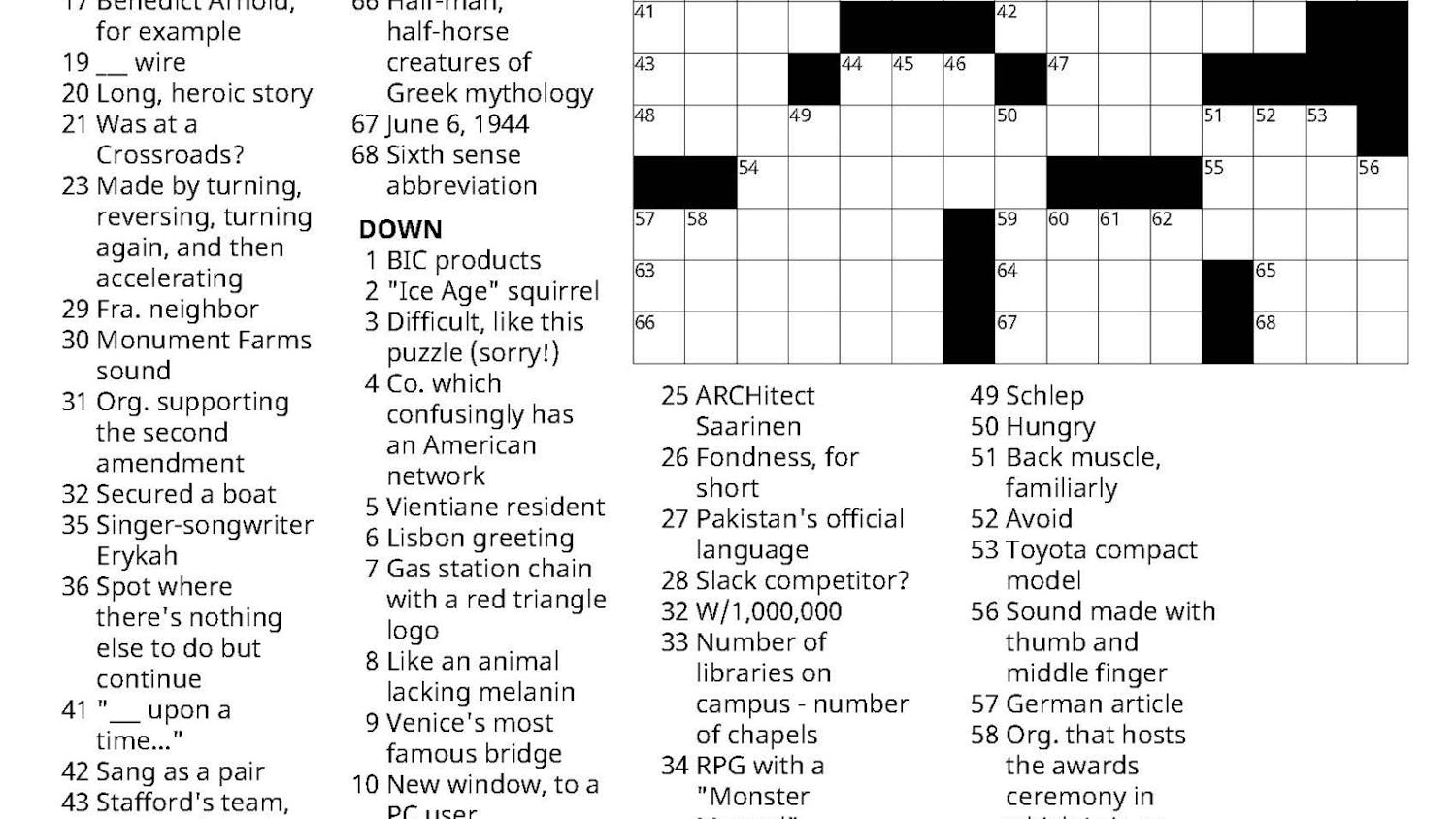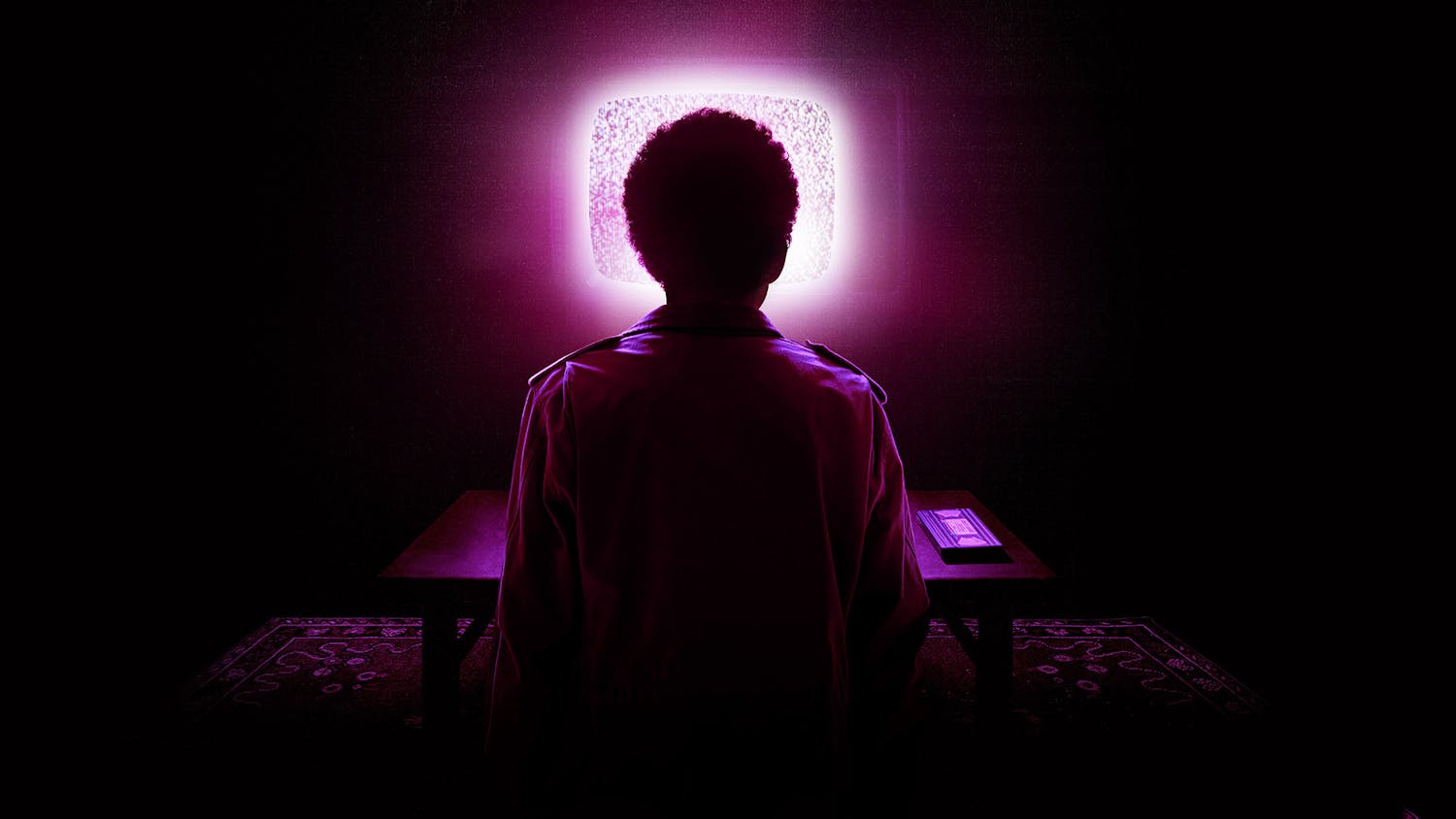On Sunday April 29 Middlebury was one of dozens of schools nationwide to join a University of Chicago live simulcast Q&A session with artist and activist Ai Weiwei. The broadcast, held in Wilson Hall, was followed by a screening of Weiwei’s award-winning and visually stunning documentary about the global refugee crisis, “Human Flow.” The film, which was first released in October at the Venice International Film Festival, tells the stories of some of the world’s 65 million migrants, captured on film by travelling to refugee camps in 23 countries over the course of a year.
“Over 65 million people around the world have been forced from their homes to escape famine, climate change and war in the greatest human displacement since World War II,” the film’s official website reads “‘Human Flow’, an epic film journey led by the internationally renowned artist Ai Weiwei, gives a powerful visual expression to this massive human migration.”
During the Q&A session, Weiwei explained that he was inspired to make the movie in part based on his own experience being forcibly displaced from his home by the Chinese government during the Cultural Revolution.
“Maybe that’s why I get involved, because I care about people whose lives are changed being in this desperate situation,” Weiwei said. “I am quite identified with those types of people in those conditions.”
Weiwei, in addition to being an artist and filmmaker, is also a renowned political activist and frequently uses his art as social commentary. He meant for “Human Flow” to call attention to the global migrant crisis and rally viewers and their governments to action. During the Q&A he pointed out the role that the U.S. has played in the past in displacing families, as well as the current administration’s lack of responsibility in accepting refugees into the country.
“Iraq war, all those wars always have our shadows in there,” he said. “If we don’t really act on those issues, then we become a part of it. This is more than a joke. It’s so sad and so shameful as a nation, the strongest nation in the world that has all the resources … to not bear any responsibility. This is not asking for mercy, it’s asking for responsibility.”
A poll of the live-stream viewers showed that 97 percent believed the U.S. should let more refugees into its borders, while the other 3 percent “need to watch the movie again,” as Weiwei said.
Indeed, the film’s message is immediately rousing, as it opens with iPhone footage of a raft coming to shore in Lesovo, Greece and dozens of soaking Syrian refugees tumbling onto the rocky beach. It soon cuts to a drone shot of a large camp in Iraq, panning to scenes of destruction that began with the 2003 US-led invasion of Iraq, the caption reads. Throughout the 2 hours and 20 minutes, the film reaches distant corners of the earth and myriad groups of refugees, from Syrians camped outside the barbed-wired Macedonian border to Rohingya Muslims in Bangladesh escaping Myanmar’s ethnic cleansing to Palestinians enclosed by tall concrete walls on Gaza’s West Bank.
Much more than a documentary exposé, “Human Flow” is a riveting work of political art. It focuses particularly on holding the West accountable for its part in the migration crisis. Gruesome and raw footage of life at the camps is often overlaid with text, such as quotes from poems or relevant news headlines. One scene shows police burning a camp in Calais, France in order to violently evict the thousands of migrants living there as the Charter of Fundamental Rights of the European Union appears in big text on the screen. In another, a hazy vision of black smoke billowing off burning oil fields in Iraq is overlaid with a Newsweek headline: “Oil was Prime Motivator in Iraq War.”
The artistry of ascending drone shots, orchestral music and lines of poetry serve to complement the film’s weighty subject matter. Weiwei insists that the film is still beautiful, though tragic.
“Even in the most suffering moment, there’s a beauty,” he said. “Because where there’s humanity, there’s beauty.”
Jason Vrooman, curator of education and academic outreach at the college and one of the organizers of the event, hopes that the Middlebury community will be inspired to lend their help to the refugee crisis by reaching out to activist groups such as the campus’ Amnesty International chapter and the Vermont Refugee Resettlement Program. They can also search therefugeecenter.org/human-flow to find more ways to help.
As Weiwei told viewers, “If we can help one person, or one family, or someone in your neighborhood, it helps humanity. It’s all connected. The willingness to act is the most important.”




